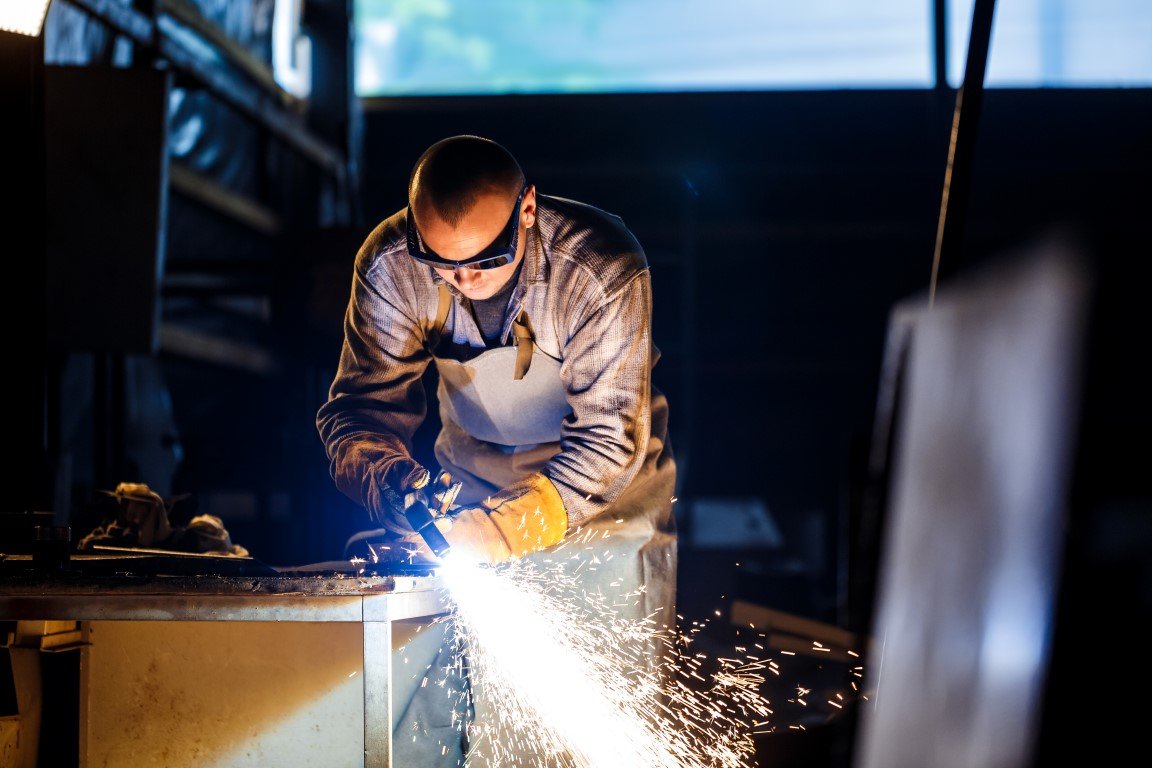Today’s industrial markets and engineering fields constantly need resources that can withstand extreme conditions.
To meet these specifications, high-performance alloys such as Duplex Stainless Steels (Duplex SS), Super Duplex Stainless Steels (Super Duplex SS), Nickel Alloy Steels, and Chrome Moly Steels are fundamental.
In addition to their exceptional mechanical properties and anti-corrosion characteristics, these alloys are also highly durable. In this blog, let’s explore how these fascinating materials are produced and how they are used in industry.
Duplex Stainless Steel (Duplex SS)
Duplex Stainless Steel is an alloy that incorporates the qualities of austenitic and ferritic metals. It is strong, corrosion-resistant, and easy to weld.
Industrial Applications
- Oil and Gas Industry: Exhibits high resilience to fatigue corrosion cracks when applied in pipelines, pressure vessels, and subsea components.
- The Chemical Processing Industry: Used for chemical tanks, heat exchangers, and a wide range of processing equipment due to its high corrosion resistance.
Methods of Fabrication:
- Casting: Can be cast into various shapes and sizes, making it suitable for a range of applications.
- Forging: Compressive forces are used to shape steel, which results in a more durable and sturdy product.
- Welding: Suitable for conventional welding methods; however, extra precautions must be taken to avoid welding defects.
Super Duplex Stainless Steel (Super Duplex SS)
Super Duplex Stainless Steel excels over Duplex SS and provides a higher level of corrosion resistance and strength. Consequently, the product is capable of handling applications that are incredibly demanding.
Industrial Applications
- Marine Industry: Applicable to shipbuilding, desalination plants, and offshore platforms since it is corrosion-resistant.
- Pulp and Paper Industry: Thanks to its chemical resistance, it is suitable for bleaching equipment and digesters.
Fabrication Methods
- The Machining Process: Super Duplex SS is machineable, but it requires special tools due to its hardness.
- Working Methods: Super Duplex SS is shaped using both hot and cold techniques, with cold tempering enhancing the strength of the material.
- Thermal Treatment: Heat treatment plays a crucial role in ensuring a good microstructure and mechanical performance.
Nickel Alloy Steels
Nickel Alloy Steels comprise an alloy family composed of steels that contain a large proportion of nickel, making them strong, tough, corrosion-resistant, and heat-resistant.
Fabrication Methods
- Hot Rolling: Produces large sections and improves grain structure.
- Metallurgy: For optimal properties, nickel is alloyed with other elements such as chromium and molybdenum.
- Cold Forming: Produces smooth, precise wires and tubes.
Industrial Applications
Aerospace Industry: A key component of turbine blades, exhausts, and other high-temperature components.
Power Generation: Employed for high-temperature applications such as nuclear reactors and steam generators.
Chrome Moly Steels
Chrome Moly Steels are chromium-molybdenum alloy steels with superior strength, toughness, and anti-corrosion properties.
Industrial Applications
- Automotive Industry: Applied in roll cages, chassis components, and high-performance engines.
- Power Plants: Installed in power plants, boilers, pressure vessels, and other piping systems that are subjected to high temperatures and corrosion.
Fabrication Methods
- Heat Treatment: Processes such as annealing, quenching, and tempering are used to achieve the desired mechanical properties.
- Welding: Use of welding techniques that prevent brittle microstructures from forming.
- Forming: Formable using hot or cold processes.
Conclusion
Many industrial applications require high-performance alloys such as Duplex SS, Super Duplex SS, Nickel Alloy Steels, and Chrome Moly Steels. The unique properties of these compounds make them indispensable for a wide range of industries, including oil and gas, aerospace, and power generation. With technological advancements, these alloys will continue to evolve, enabling innovation and efficiency across a multitude of sectors


I found this blog on high-performance alloys to be incredibly insightful. It offers a detailed explanation of Duplex Stainless Steel, Super Duplex Stainless Steel, Nickel Alloy Steels, and Chrome Moly Steels, highlighting their unique properties and industrial applications. The information on fabrication methods like casting, forging, and welding is exactly what I was looking for to better understand how these materials are processed. Whether for oil and gas or aerospace, this blog provides a great overview of their roles.